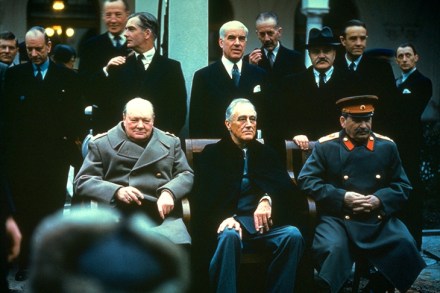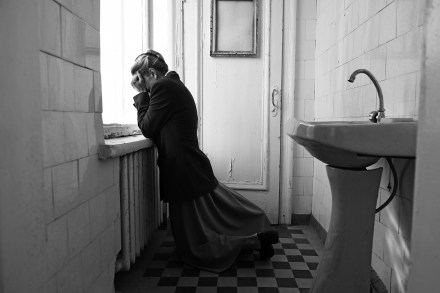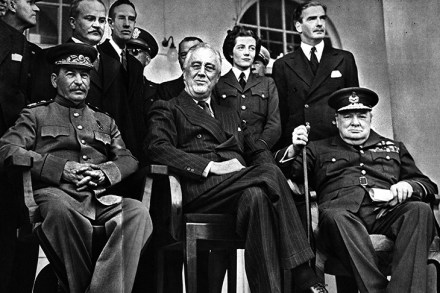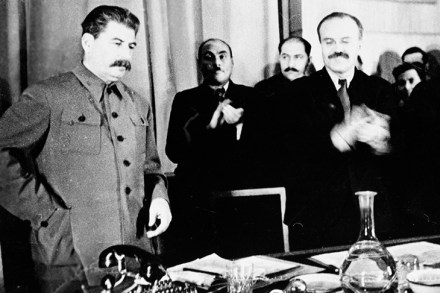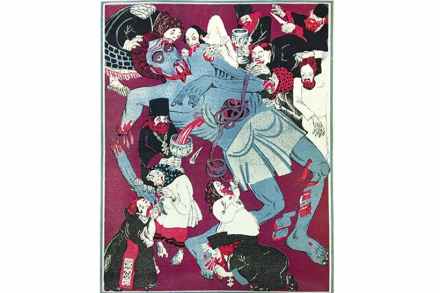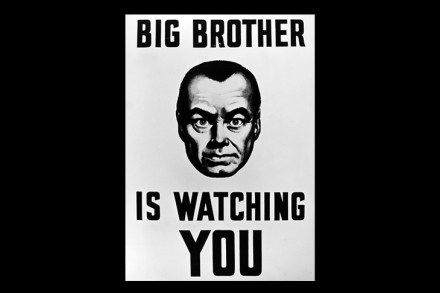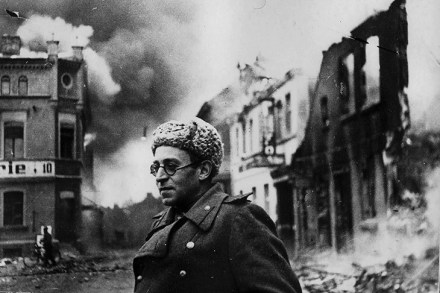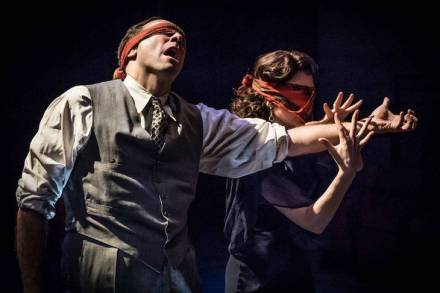A macabre meditation on psoriasis
Obsessed with purity and pain, the boundaries of blame and innocence, Skin is a fascinating meditation on psoriasis, the long-lasting chronic skin condition. Sergio del Molino, a Spanish writer and journalist, slowly guides us into his world of intense physical discomfort (most treatments of psoriasis only deal with its symptoms, rather than healing its immunological causes), but combines this private hell with provocative reflections on fellow sufferers. It’s a surprise to learn that Stalin shared something with Cyndi Lauper, John Updike, Pablo Escobar and Vladimir Nabokov. The result is by turns macabre and compelling, with Del Molino using his affliction to put himself in the shoes of his pantheon of






